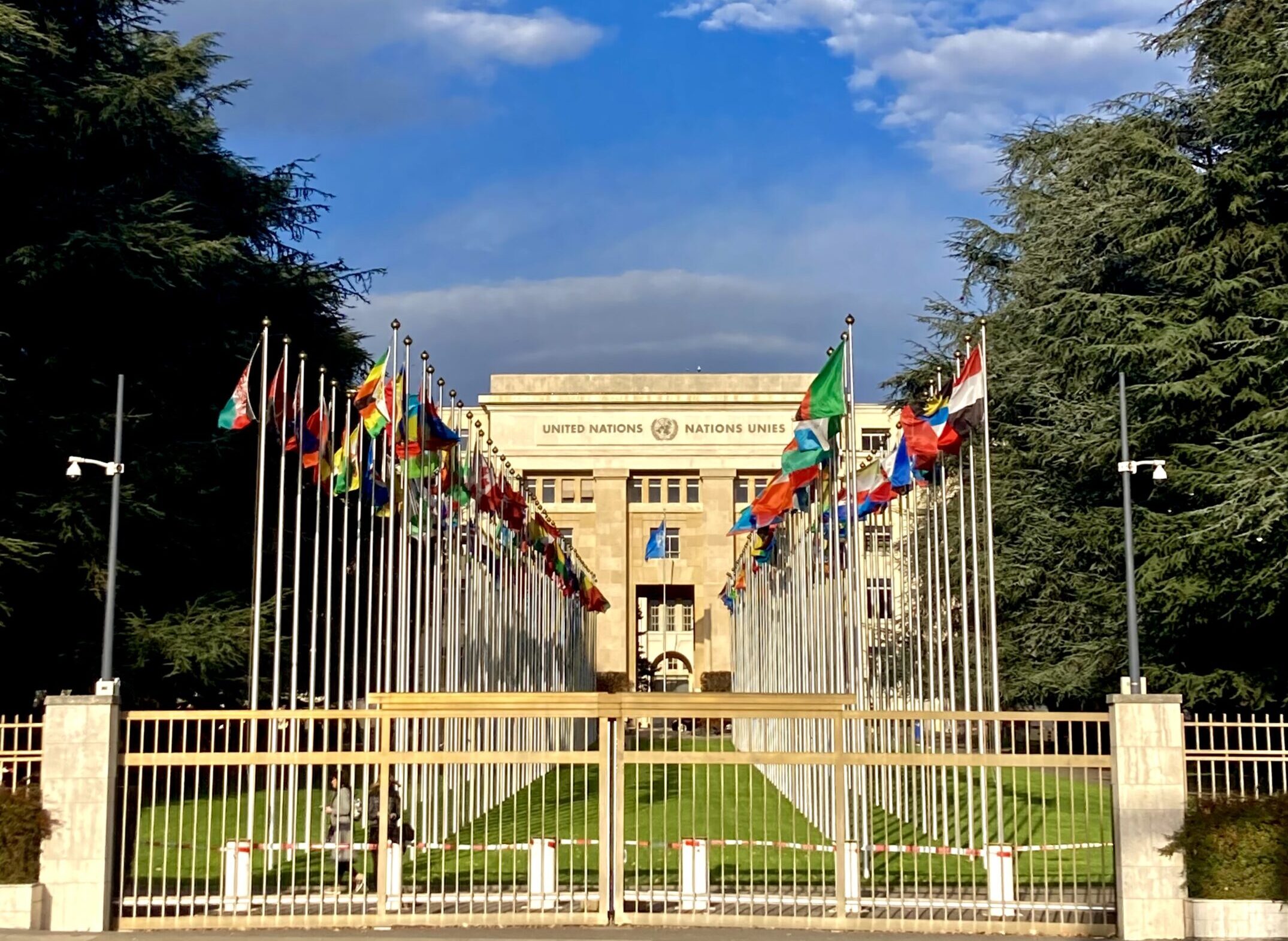Workplace investigations
GoodCorporation can provide investigations support to human resources departments dealing with sensitive or complex employee relations issues and allegations of workplace misconduct, including bullying & harassment or any other inappropriate behaviour or policy violations in the workplace.
GoodCorporation consultants have a great deal of experience conducting interviews and investigating workplace issues within international organisations and between culturally diverse parties. Our team is also trained in the sensitivity required in interviewing management and employees on workplace grievances and in following up whistleblowing or speak-up allegations
CONTACT US
Experienced
investigations support
With over 20 years of experience working with clients to assess and embed responsible business practices, we provide investigations support to human resources departments dealing with sensitive or complex employee relations issues and allegations of workplace misconduct, including bullying & harassment.
We help clients to identify inherent weaknesses in systems and procedures that may have led to grievances or complaints, and to identify remedial action where needed.



Workplace
investigation examples
Employee misconduct
We work in close cooperation with an organisation’s human resources and legal teams to determine the most appropriate method for investigating employee relations allegations, ensuring that all the data we collect is usable, legal, and ethically obtained.
In addition, we also offer bespoke Diversity, Equity & Inclusion (DEI) services when investigating workplace misconduct such as Bullying & Harassment. We have worked with reputable organisations, including those in the reporting sector, to independently and impartially investigate and evaluate the culture and working procedures in departments with a history of complex employment-related issues, ethnic and gender discrimination as well as abuses.
Our workplace investigation scope is not limited to purely fact-finding missions but may also extend to identifying the underlying root causes behind a workplace misconduct and delivering practical recommendations for building a safe workplace culture and instilling trust within the organisation and among the affected team.
Compliance policy violations
GoodCorporation has supported numerous organisations with the development and drafting of their codes of conduct and compliance policies. We have knowledge and experience across all business ethics areas, and our involvement in code of conduct development stretches from the early stage of content development and drafting through to full international roll-outs across multiple locations and geographies.
CONTACT US
Our workplace
investigation
methods and tools
Any workplace investigation needs to be handled sensitively. As such we deploy a number of techniques and tools to ensure the right approach to discover the full extent of any allegation.
These include:

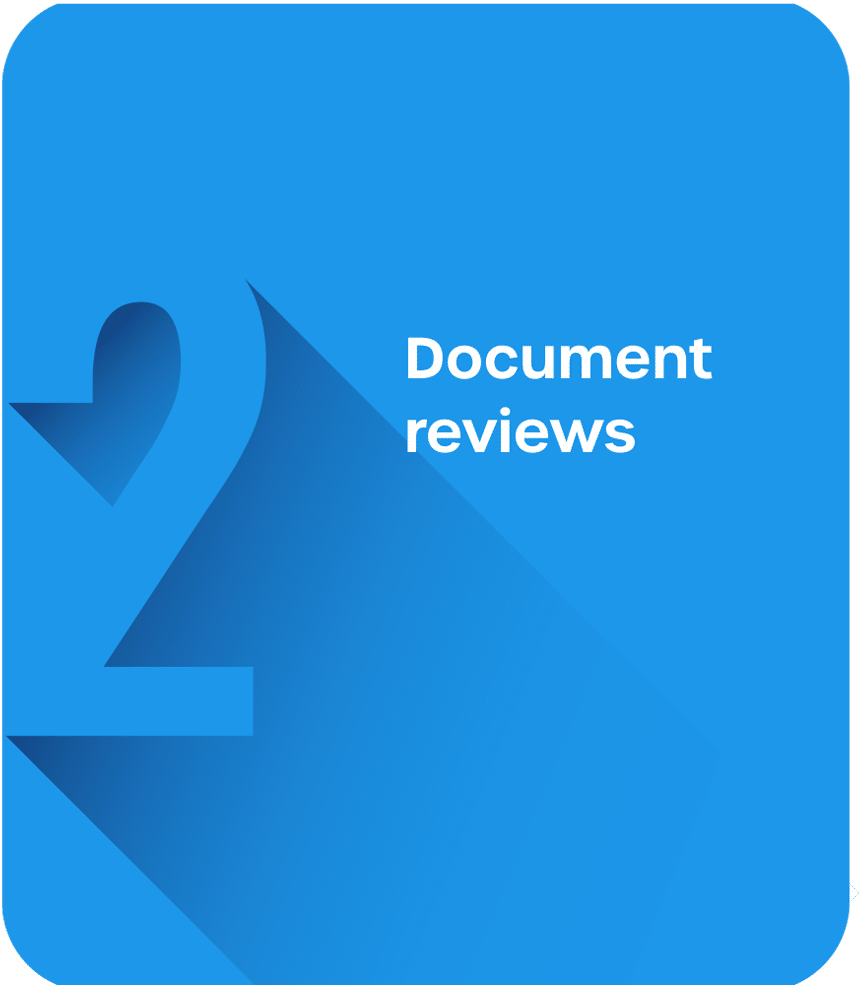
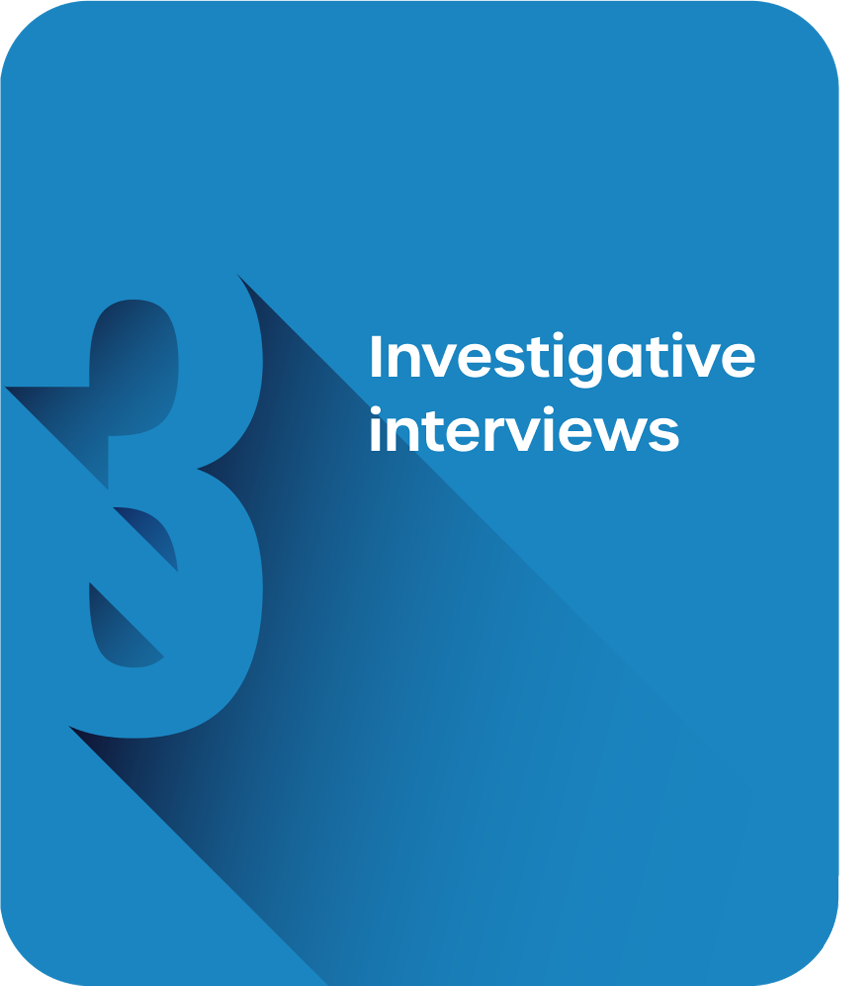
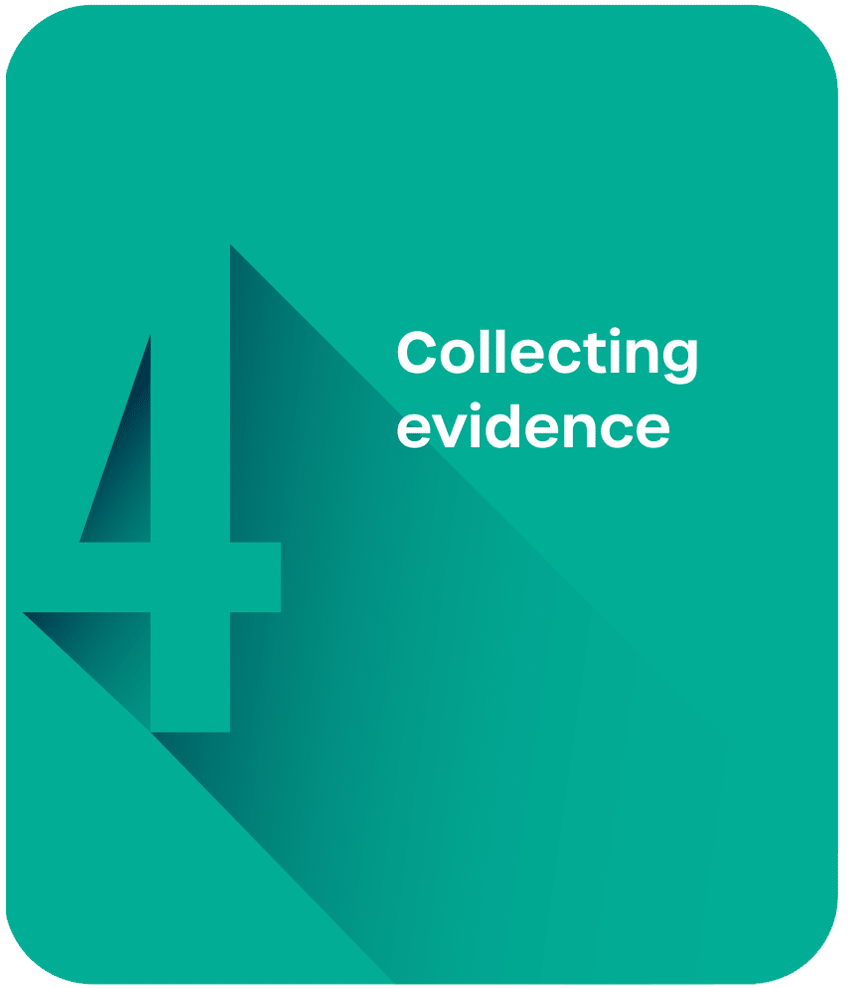
Useful frameworks for workplace investigations
Diversity, Equity and Inclusion Framework
The GoodCorporation Diversity, Equity, and Inclusion Framework plays a pivotal role in addressing workplace misconduct, particularly in the context of bullying and harassment investigations. Organisations can take advantage of our DEI expertise and leverage the framework to help navigate and manage such investigations more effectively.
The framework’s emphasis on governance, senior-level commitment, resource allocation, and legal obligations ensures a robust foundation for addressing bullying and harassment incidents. Organisations can use the framework to assess and enhance their approach to these issues, promoting a culture of respect and inclusion that actively discourages such misconduct.
The framework’s focus on meeting the needs of all stakeholders, including those affected by bullying and harassment, underscores its applicability in fostering a supportive environment for employees. In the aftermath of the investigation, training and awareness initiatives outlined in the framework can aid in educating employees and leaders about the detrimental effects of workplace misconduct, promoting a more informed and empathetic workplace.
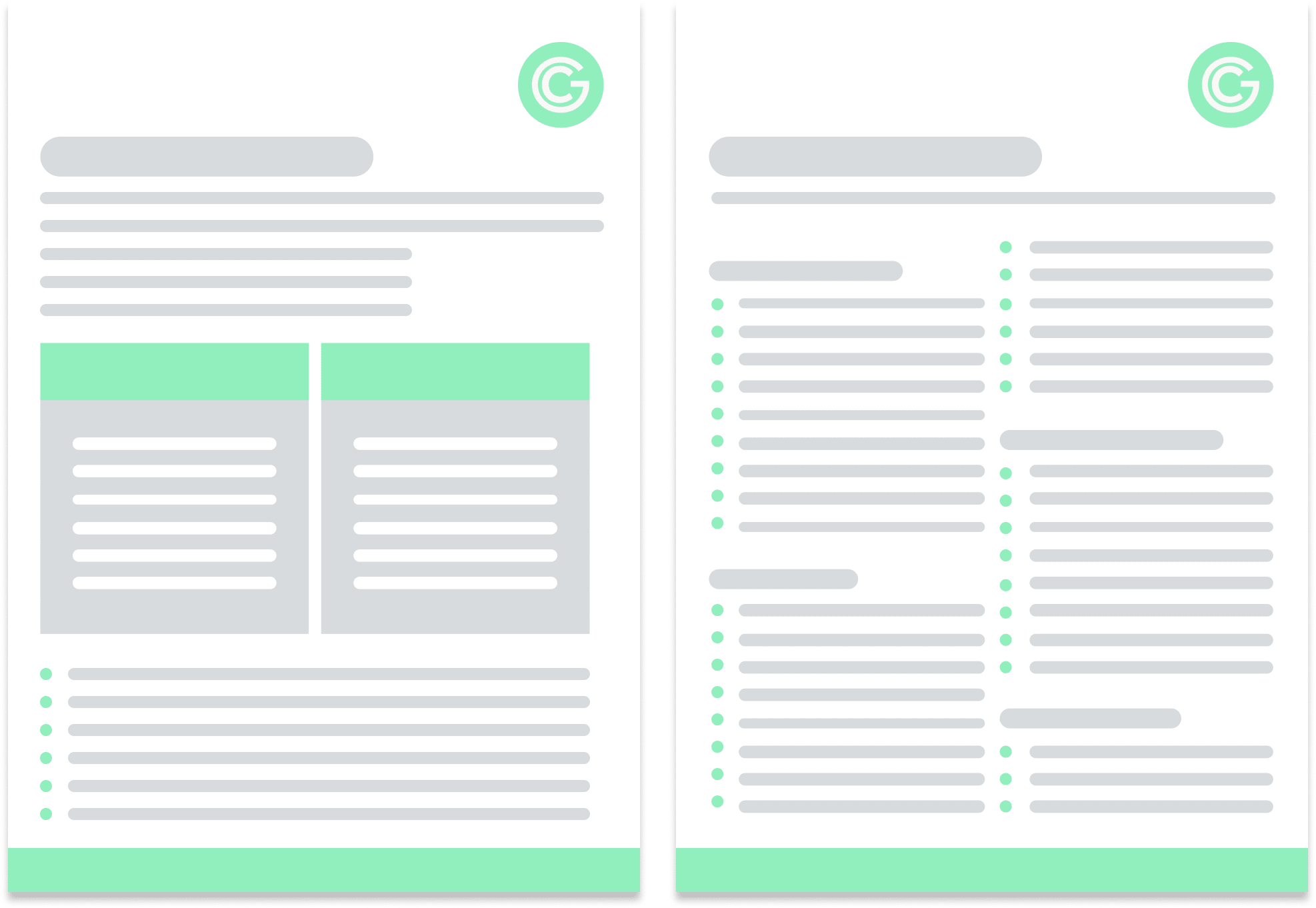
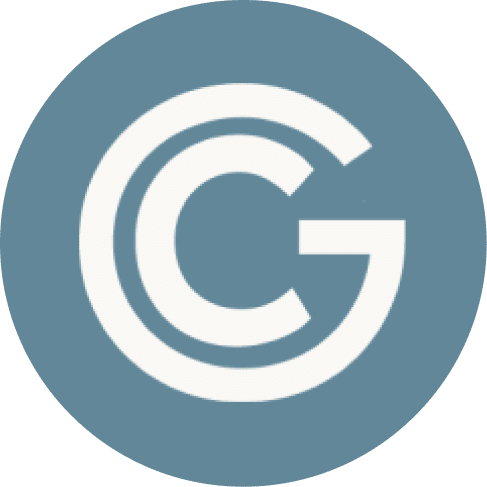
Harassment and Bullying Framework
GoodCorporation has worked with leading organisations to help test and strengthen their procedures to combat bullying and harassment. We use our tailor-made framework to help businesses embed responsible management practices that create a positive workplace culture.
GoodCorporation’s Framework on Bullying and Harassment is a set of responsible management practices that can be implemented to demonstrate an approach to bullying and harassment that recognises and respects dignity at work. The two-page can be used to design, embed or assess an organisation’s approach to bullying and harassment.
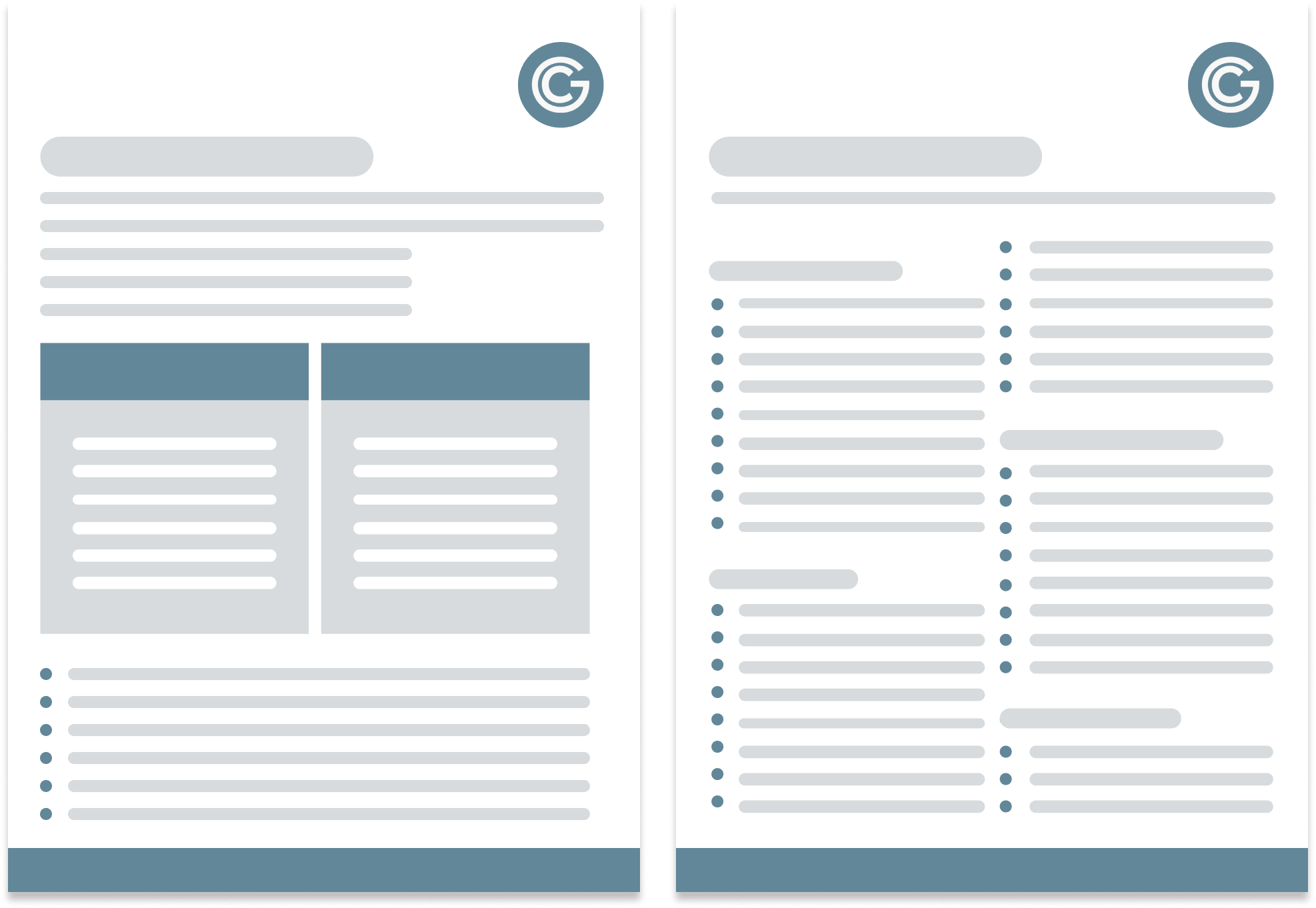
Frequently asked questions
The duration of a workplace investigation varies depending on factors such as the severity of the accusation and the complexity of the case. While there’s no fixed timeframe, it’s essential to strike a balance between thoroughness and efficiency. Investigators must diligently gather evidence, interview witnesses, and ensure due process, especially for more serious allegations.
However, unnecessary delays should be avoided to prevent prolonged stress and uncertainty for all parties involved. Flexibility is key, allowing investigators to adapt to new information while maintaining the integrity of the process. Ultimately, the goal is to conduct a comprehensive and fair investigation within a reasonable timeframe.
While a workplace investigation can be conducted internally by a human resources professional or designated individual, utilising an external, independent investigator, such as GoodCorporation can provide significant advantages. External investigators offer an impartial perspective, crucial for maintaining fairness and transparency, particularly in sensitive cases or when conflicts of interest arise within the company. The independence of a third party investigator can also provide greater confidence in the investigation process and outcomes.
Perhaps most importantly, external investigators bring specialised expertise and experience to the process, including knowledge of employment laws and regulations as well as forensic techniques. This combination of impartiality, expertise, and independence makes external investigators well-suited to handle complex workplace investigations with efficiency and integrity, ensuring a comprehensive and fair resolution.






